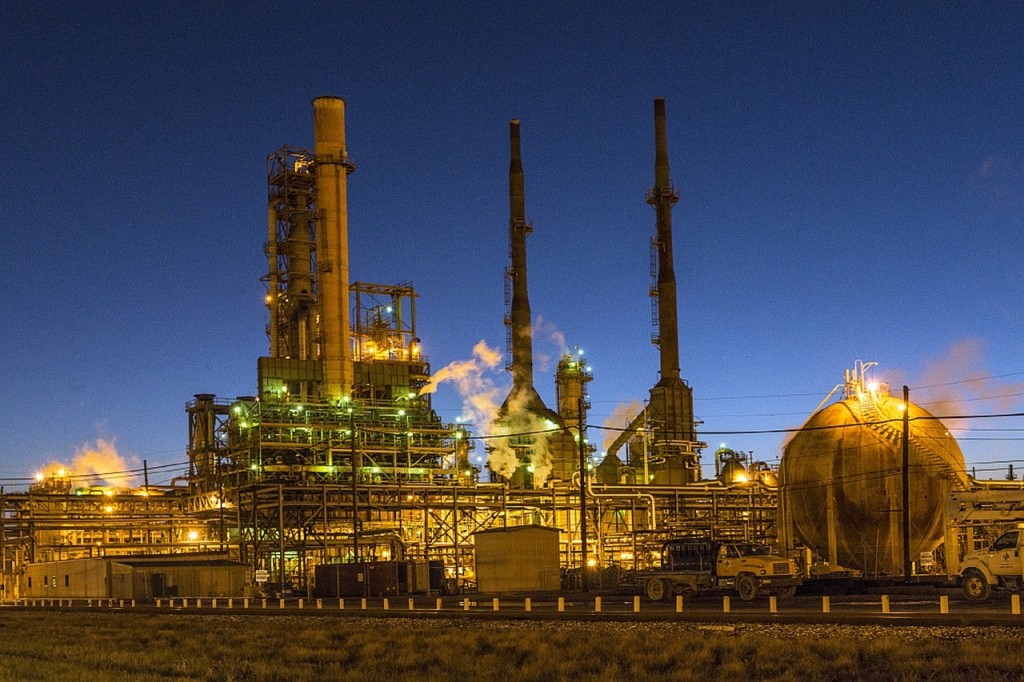
As any expert in the oil gas industry like Cody Winters can explain, there are many reasons why consumers should care about the price of oil. Even if you ride your bike everywhere and heat your home with solar panels, you are affected by the price of oil, even if you are not aware of it. Here are some of the main ways that high oil prices affect us all.
Oil Prices Impact Us Directly
This is basically a reference to the shock that we get at the pump when we fill up. For many of us, eliminating our use of cars for transportation is not an option – we can try to reduce our consumption of fossil fuels by carpooling, using public transit, planning trips more efficiently, and eventually perhaps shifting to an electric car. However, for most of us there is a limit to far we can reduce the use of our cars and for that reason, after a certain point we cannot escape the immediate effect on our wallets every time we fill up.
Oil Prices Impact Us Indirectly
The same pinch that we feel at the pump is shared by every producer in every industry. The costs of moving finished products to the consumer and the price of moving inputs to the production site, whether by air, sea or road, will be passed onto consumers in the form of higher prices.
Economic Growth Suffers
With high costs of oil, there are spill-overs into economy as a whole. Larger portions of consumers’ budgets are taken up by increased prices on goods, and increased direct costs of transportation and heating. This leaves a smaller portion of disposable income available for discretionary spending. As consumer spending goes down, businesses begin to struggle. Larger production costs mean that to a point businesses will need to raise prices for consumers to break even. However, if consumers have reduced resources as well, it is not long before spending grinds to a halt.
Innovation Suffers
On one level, high prices for oil can spur investment in new technologies or more efficient processes to compensation for the increased cost of oil. However, in the short to medium term, the research and development budgets of companies will be eaten up by increased costs of doing business, leaving less for innovation.
Government Finances Take a Huge Hit
Although prices of a whole range of goods increases, there is downward pressure on wages as businesses begin to feel the pinch of reduced spending. This vicious cycle hits government directly in the form of demands for increased social spending in the form of subsidies and unemployment assistance. At the same, the government’s largest sources of income – direct taxes (in the form of personal and corporate income taxes) and indirect taxes (in the form of taxes on the sale of goods and services) – begins to decline.
Of course, the story is not all about doom and gloom. High oil prices can also attract heavy investment which might not be attractive at lower prices, and this in turn can fuel both innovation and energy security in the long run.


